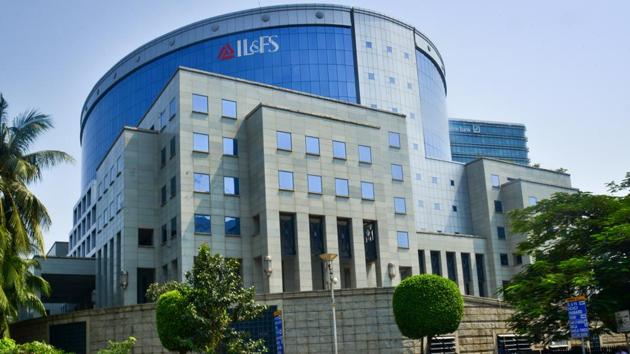Citing IL&FS, govt seeks rethink of EPF rate hike
The EPF interest rate was at a five-year low of 8.55% in the 2017-18 fiscal, and the 8.65% proposal, made in the run-up to the general elections in February, would have benefited the roughly 45 million subscribers to the retirement savings accoun
The Union finance ministry has asked the labour ministry to review the 8.65% rate of interest proposed on the employees’ provident fund (EPF) deposits for the 2018-19 fiscal, according to two officials aware of the development who said the suggestion could lead to a 0.5-1 percentage point cut when the rate is finally notified.

The EPF interest rate was at a five-year low of 8.55% in the 2017-18 fiscal, and the 8.65% proposal, made in the run-up to the general elections in February, would have benefited the roughly 45 million subscribers to the retirement savings account. No notification has yet been issued.
The finance ministry objected to the proposal, citing investments in the troubled IL&FS group companies as one of the factors. “The calculations for determination of rate of interest payable to the subscribers of EPFO... are not in line with the extent provisions of EPFO Scheme Rules. Further investments, if any, in IL&FS Group of Companies may have some losses. Ministry of Labour and Employment is therefore advised to consider a rate of interest for FY 2018-19 which does not fully utilise the surplus of the previous year and leaves a reasonably higher surplus in the account undistributed,” said the finance ministry’s letter, accessed by HT, sent to labour secretary Heeralal Samariya on June 7.

The centrally backed PF is managed by the Employees’ Provident Fund Organisation (EPFO) and decisions on the interest rate are taken by the central board of trustees (CBT), which comes under the Union labour ministry. The CBT is chaired by the labour minister and includes representatives of the central and state government, trade unions and industry bodies. A CBT member criticised the finance ministry’s letter. “When the board is the apex decision-making body and when EPFO does not take any money or grant from the government, the intervention of the finance ministry in the matter of workers’ own, hard-earned money is unnecessary and unwarranted,” said member Ashok Singh, who is the vice president of the Indian National Trade Union Congress (INTUC).
Emails sent to the department of economic affairs in the finance ministry and labour ministry did not elicit replies. One of the officials cited above said while CBT proposes the rate, it cannot be notified without the approval of the finance ministry. “The interest rate [8.65%] is fixed by the board of trustees. Workers [subscribers] have the right to enjoy a high interest rate, because they have earned it. As far as surpluses are concerned, government should take steps to disburse huge unclaimed money accumulated over years,” Singh said.
“It is the government that should be blamed for allowing investments in private companies such as IL&FS,” he added.
The second official, who asked not to be named, said the EPFO invested under ₹600 crore in IL&FS bonds, which was less than 0.1% of the ₹8 lakh crore of assets under its management. “The reason behind the finance ministry’s objection to 8.65% interest rate is neither bad investment in IL&FS nor giving a share to subscribers from their own accumulated surplus. In fact, the high interest rate of EPF is making other small savings [interest rates around 8%] and bank deposits uncompetitive,” this official said.
Government’s small savings schemes such as post office deposits, the National Saving Certificates (NSC), the Public Provident Fund (PPF), and Sukanya Samriddhi offer around 8% interest rates. Commercial banks are unable to compete with small savings schemes since interests on fixed deposits and other bank deposits range at a far lower 4-7% range. This, bank executives have said, restricts their ability to give loans that can help boost the economy.






